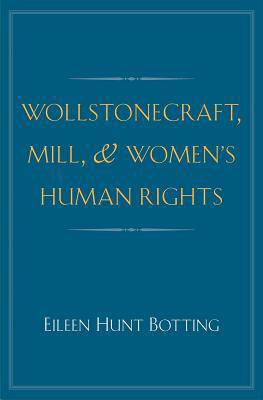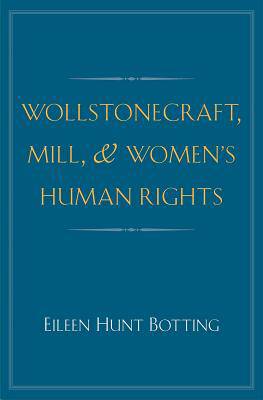
- Afhalen na 1 uur in een winkel met voorraad
- Gratis thuislevering in België vanaf € 30
- Ruim aanbod met 7 miljoen producten
- Afhalen na 1 uur in een winkel met voorraad
- Gratis thuislevering in België vanaf € 30
- Ruim aanbod met 7 miljoen producten
Zoeken
€ 161,45
+ 322 punten
Omschrijving
How can women's rights be seen as a universal value rather than a Western value imposed upon the rest of the world? Addressing this question, Eileen Hunt Botting offers the first comparative study of writings by Mary Wollstonecraft and John Stuart Mill. Although Wollstonecraft and Mill were the primary philosophical architects of the view that women's rights are human rights, Botting shows how non-Western thinkers have revised and internationalized their original theories since the nineteenth century. Botting explains why this revised and internationalized theory of women's human rights--grown out of Wollstonecraft and Mill but stripped of their Eurocentric biases--is an important contribution to thinking about human rights in truly universal terms.
Specificaties
Betrokkenen
- Auteur(s):
- Uitgeverij:
Inhoud
- Aantal bladzijden:
- 320
- Taal:
- Engels
Eigenschappen
- Productcode (EAN):
- 9780300186154
- Verschijningsdatum:
- 26/04/2016
- Uitvoering:
- Hardcover
- Formaat:
- Genaaid
- Afmetingen:
- 142 mm x 211 mm
- Gewicht:
- 458 g

Alleen bij Standaard Boekhandel
+ 322 punten op je klantenkaart van Standaard Boekhandel
Beoordelingen
We publiceren alleen reviews die voldoen aan de voorwaarden voor reviews. Bekijk onze voorwaarden voor reviews.











